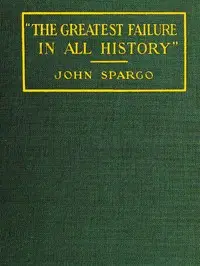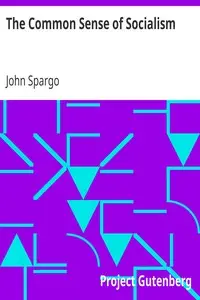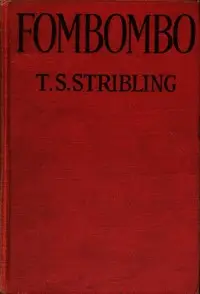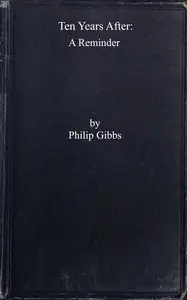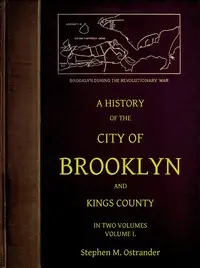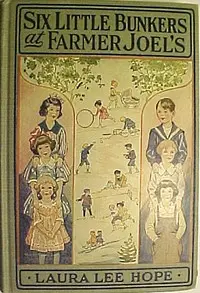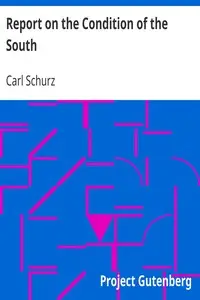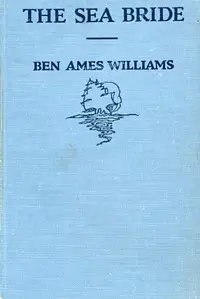"Socialism: A Summary and Interpretation of Socialist Principles" by John Spargo is a political treatise written in the early 20th century. This work aims to clarify and discuss the key concepts and evolution of socialism, particularly in light of the rapid changes and increased interest in socialist ideologies during that period. Spargo delves into the historical development of socialism, its principles, and the prominent figures and movements that shaped its discourse. The opening of the book introduces the author's reflections on the changing public perception of socialism. Spargo notes the misconceptions that once dominated discussions of socialism, such as its conflation with violent actions and the caricature of socialists seeking the equal distribution of wealth. Instead, he points to a growing understanding of the socialist movement as one rooted in a desire for communal wellbeing and justice. He emphasizes the need for citizens to engage seriously with socialist ideas, suggesting that this understanding will shape the future welfare of society. In the subsequent chapters, Spargo begins to outline the historical contributions of figures like Robert Owen and the formation of ideas that have influenced contemporary socialism. (This is an automatically generated summary.)
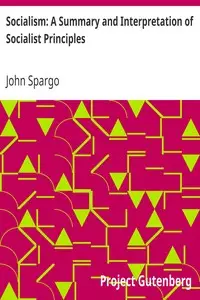
Socialism: A Summary and Interpretation of Socialist Principles
By John Spargo
"Socialism: A Summary and Interpretation of Socialist Principles" by John Spargo is a political treatise written in the early 20th century. This work ...
John Spargo was a British political writer who, later in life, became an expert in the history and crafts of Vermont. At first Spargo was active in the Socialist Party of America. A Methodist preacher, he tried to meld the Protestant Social Gospel with Marxist socialism in Marxian Socialism and Religion: A Study of the Relation of the Marxian Theories to the Fundamental Principles of Religion (1915). He also founded a settlement house in Yonkers, N.Y. Spargo moved steadily to the right after 1917 when he supported American intervention in World War I. With AFL leader Samuel Gompers he organized the American Alliance for Labor and Democracy in 1917. Spargo helped draft the Colby Note that formalised the Wilson administration's anti-communist policies. He strongly denounced the Bolshevik Revolution in Bolshevism: The Enemy of Political and Industrial Democracy (1919). He opposed the foreign policy of the New Deal, especially its recognition of the USSR in 1933. He supported the House Un-American Activities Committee in the late 1930s and Senator Joseph McCarthy in the early 1950s. He endorsed Barry Goldwater In the 1964 Elections.





